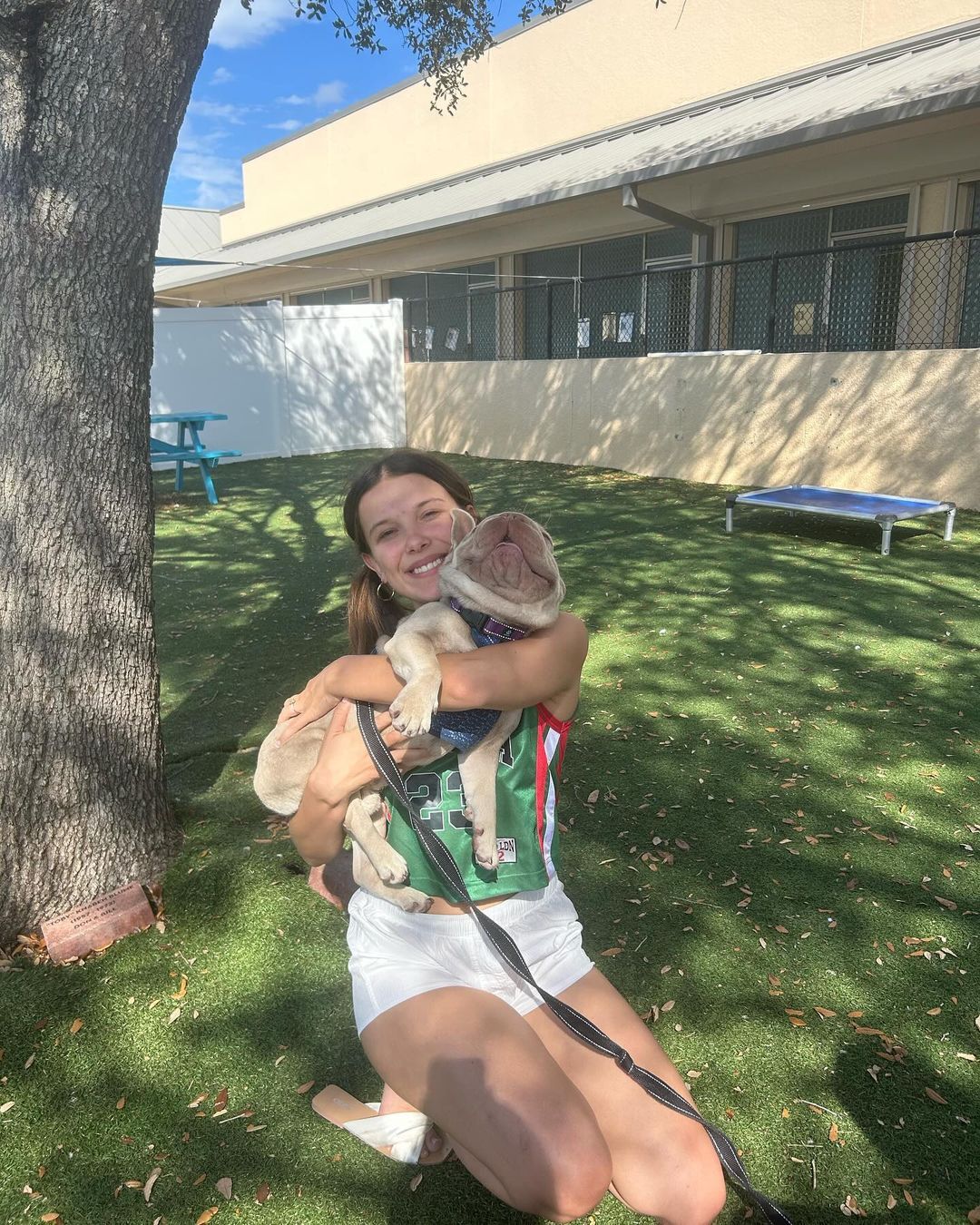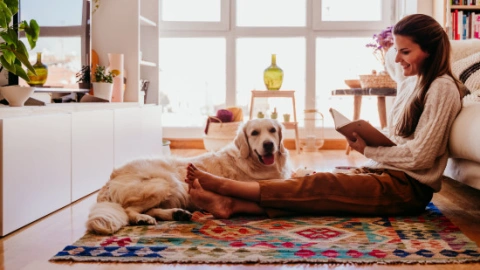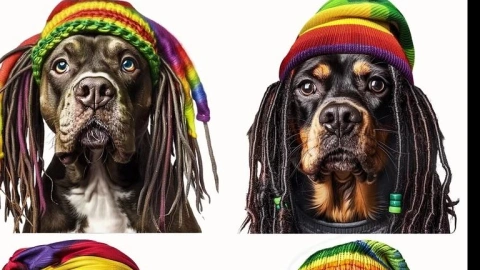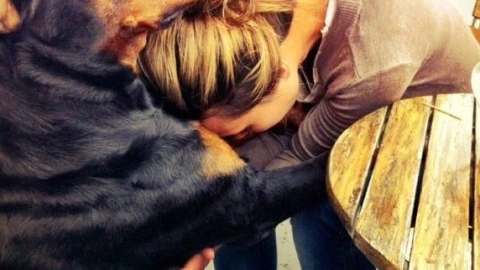Dog / Detail
Finding the Perfect Furry Friend: Matching Dogs to Their Owners
Jonathan Bennet | 05 September 2024 | 12:05
When choosing a dog, it's important to consider not only the breed but also the personality and lifestyle of the owner. While there are no hard and fast rules, studies have shown that certain dog breeds may be more compatible with male or female owners.
Understanding Gender Preferences in Dog Ownership

Male Owners:
- Active and Energetic Breeds: Male owners often gravitate towards active and energetic breeds that can keep up with their lifestyle. Examples include
- Labrador Retrievers, Golden Retrievers, German Shepherds, and Border Collies.
- Protective Breeds: Some male owners may prefer breeds known for their protective instincts, such as Rottweilers, Dobermans, and Mastiffs.
- Larger Breeds: Male owners may be more drawn to larger breeds, as they can often provide a sense of companionship and security.

Female Owners:
- Smaller Breeds: Female owners often prefer smaller breeds that are easier to handle and cuddle. Examples include French Bulldogs, Pugs, Yorkshire Terriers, and Chihuahuas.
- Affectionate Breeds: Female owners may be more drawn to breeds known for their affectionate and gentle nature, such as Bichon Frise, Cavalier King Charles Spaniels, and Malteses.
- Low-Energy Breeds: Female owners who have busy lifestyles may prefer low-energy breeds that are content with indoor activities.

Tips for Finding the Perfect Match
- Consider Your Lifestyle: Your lifestyle is a major factor in choosing a dog breed. If you have a busy lifestyle, a low-energy breed may be a better fit. If you enjoy outdoor activities, an active breed may be more suitable.
- Research Different Breeds: Learn about the characteristics of different breeds to find one that aligns with your personality and lifestyle. Consider factors such as energy level, grooming requirements, and temperament.
- Meet the Dog in Person: Before adopting a dog, spend time with the animal to see if there is a connection. Pay attention to the dog's behavior and how you interact with it.
- Consider Your Living Situation: Think about your living situation, including the size of your home, yard, and neighborhood. Some breeds may require more space or exercise than others.
- Ask for Recommendations: Talk to friends, family, or neighbors who have dogs. They can provide valuable insights into their experiences and recommend breeds that may be a good fit for you.
- Visit a Shelter or Rescue Organization: Many shelters and rescue organizations have a variety of dogs available for adoption. You may be able to find the perfect furry friend who is looking for a loving home.

Beyond Gender Stereotypes
While there may be some general trends in terms of gender preferences in dog ownership, it's important to remember that these are just generalizations. The best dog for you will ultimately depend on your individual personality, lifestyle, and preferences.
Don't be afraid to consider breeds that don't typically match your gender. The most important thing is to find a dog that you love and can provide a happy and fulfilling life.
Related
-

The Healing Power of Dogs: How Canine Therapy is Revolutionizing Mental Health and Boosting Positive Energy in Humans
Dog14 November 2024
-

A Pawsitive History: Dogs of Nuremberg
Dog09 November 2024
-

The Role of Oxytocin in the Human-Dog Bond: The Science Behind Our Deep Connection
Dog06 November 2024
-

Beyond the Beach: Jamaica's Dog Lovers
Dog29 October 2024
-

A Dog's Delights: Homemade Snacks for Our Furry Babies, Recipes Included!
Dog29 October 2024
-

A Dog's Disorientation: Understanding Your Dogs' Wanderlust
Dog29 October 2024
Popular
-

-

A Pawsitive History: Dogs of Nuremberg
09 November 2024 -

-

Beyond the Beach: Jamaica's Dog Lovers
29 October 2024 -
